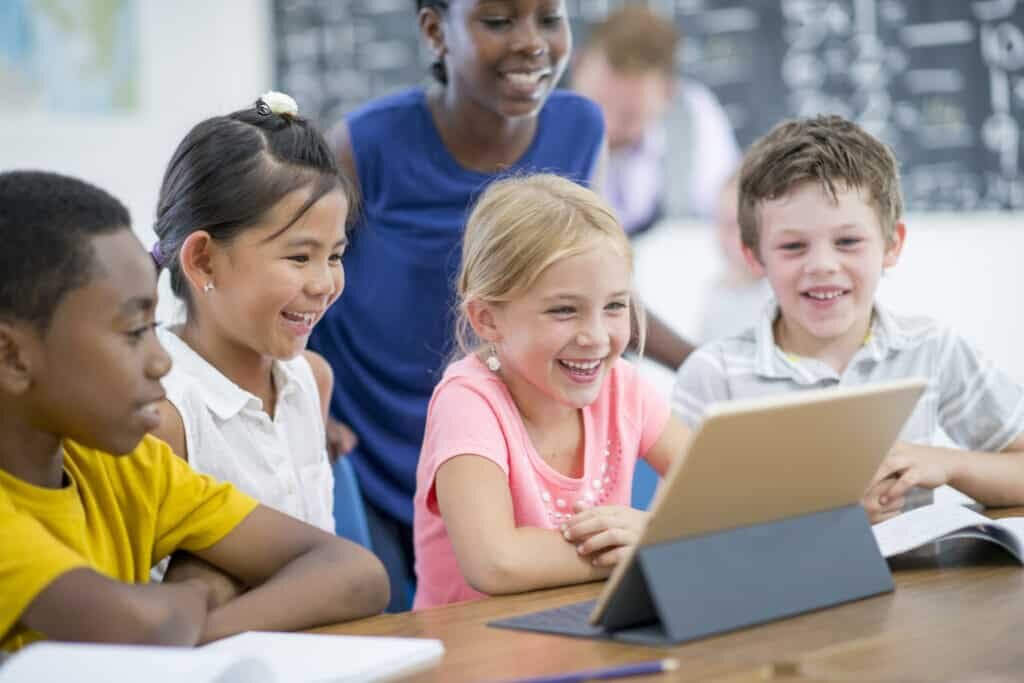The Importance of Social-Emotional Skills for Children
How Social-Emotional Learning Enhances the School Environment
As an essential part of education, social-emotional learning (SEL) allows children to develop knowledge and apply emotional skills to individuals. This includes displays of empathy, support, and respect to others.
SEL is an essential part of all curriculums. It teaches children how to deal with their emotions and interact with others in a personal and collective way. SEL also advises students how to manage their goals, create effective relationships, and care for others.
Association with Academic Performance
Research shows a positive association between a student’s emotional skills and academic performance. Perhaps this is due to their perception of the school environment, or more advanced development of their interaction with classmates. This allows them to manage and achieve their academic goals much more effectively.
Moreover, you can expect the attitude towards learning, especially group work, to improve as well, in line with the development of their emotional skills.

“Manage goals, create effective relationships, and care for others”
Reduction in Anxiety & Behavioral Issues
Participating in SEL may cause a reduction in anxiety and behavioral issues both in and outside of the classroom. The reason mainly boils down to the capacity to manage their own emotions and actions.
Learning to understand individual and other’s emotions creates less stressful situations due to newfound empathetic nature. Additionally, this includes the ability to realize the root of the emotion and how to react calmly and rationally.
Developing SEL Skills During COVID-19
The importance of developing SEL skills in young children is paramount; however, with the recent and ongoing pandemic, the interaction between students is somewhat limited or non-existent. This poses a threat to the development of children.
Children returning to school are highly encouraged (if not required) to wear masks and socially distance, which makes the development of SEL more challenging. Therefore, we can expect new and innovative ways to further develop and advance these skills, given that many young children and students have already missed out on approximately one to two years of emotional interaction with other people.
In addition to remote learning, children can communicate remotely via Zoom or Facetime (with supervision from their parents) if in-person contact remains prohibited. Although viewed as far from ideal since children require human contact for development, it offers an available option at the moment.
To Conclude
Social-emotional learning remains a crucial component when it comes to the overall development of young children, especially regarding how they interact with others, and how they understand and manage their own emotions.
Nonetheless, given the current pandemic, opportunities for students to advance these skills have been limited. Therefore, we require greater intervention and effort into developing these skills throughout the next few months, ensuring the next generation does not miss out on these necessary skills.
ICAS offers a digital tool for schools to implement social-emotional learning into the curriculum. Learn more here.

